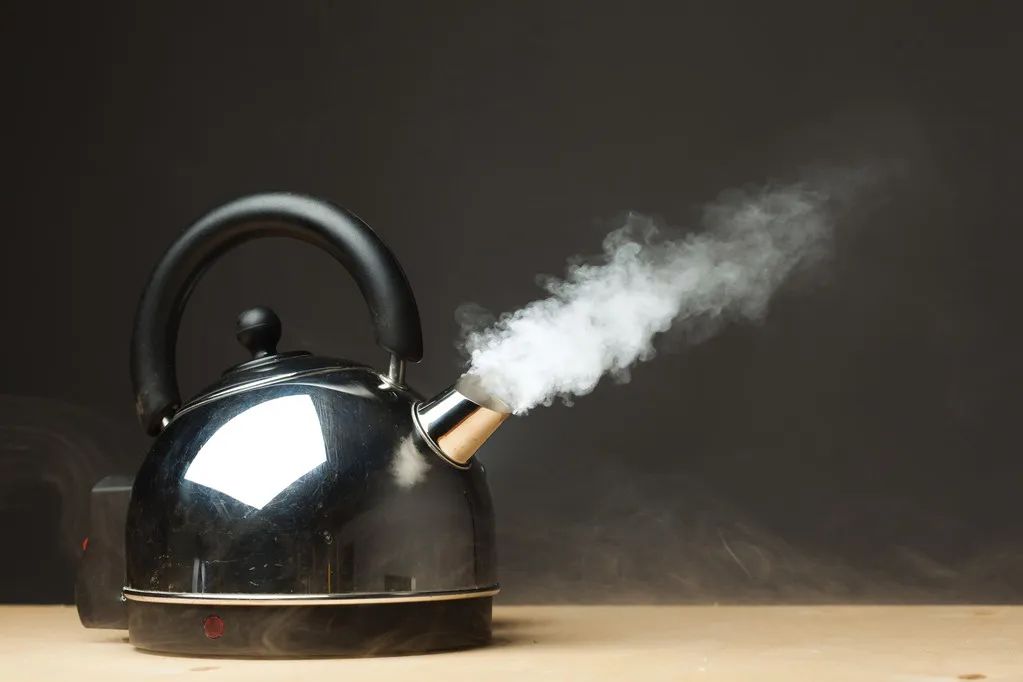
As a natural food with complete nutrients, appropriate composition and very convenient drinking, milk is deeply loved by men, women and children.
However, "there are many milk red rights and wrongs", no, the statement that "milk is a cancer accelerator" has recently spread on social media, which has caused people to panic for a while.
So, is this statement true or false? Xiaobian will take you to find out today~

Is milk really a "cancer accelerator"?
In 2022, researchers from Peking University, Chinese Academy of Medical Sciences, and the University of Oxford published a research paper in the journal BMC Medicine.
The researchers took 510146 Chinese adults from 10 different regions of China with no history of cancer in the Chinese CKB database and divided them into three groups: regular dairy consumers (at least once a week), monthly dairy consumers, and never or rarely dairy consumers.
Through data analysis and 11-year follow-up, it was found that those who regularly consumed dairy products had a 9% higher overall risk of cancer, and their risk of liver cancer and breast cancer was significantly increased, with an additional 50 grams per day increasing the risk by 12% and 17%, respectively.
Presumably, the recent wave of rumors that "milk is a cancer accelerator" may be "fried old rice", which is derived from this.
However, in fact, correlation does not equal causality, and it is not possible to determine whether there is a causal relationship between dairy intake and cancer risk.
The participating researchers also stressed that this is the first major study to investigate the link between dairy products and cancer risk in the Chinese population, and further studies are needed to validate these findings, determine whether these associations are causal, and investigate the underlying mechanisms involved.
In addition, dairy products are a good source of high-quality protein, minerals, etc., and it would be unwise to discourage people from drinking milk normally based on the results of this study.
In fact, compared with milk, what everyone should be more worried about are the following 3 real "cancer water"!

In winter, the weather is cold and freezing, especially the recent national cooling, and it is common for many people to drink a cup of hot water to warm up.
But even if it will be complained about as a cliché, I would like to emphasize once again that the International Agency for Research on Cancer has issued a warning: "Drinking hot drinks above 65 degrees Celsius is a risk of cancer!" ”
The human oral cavity and esophageal mucosa are delicate and fragile, and its suitable eating temperature is 10°C~40°C, and the maximum can only tolerate 50°C~60°C, and it will be burned if it exceeds 65°C.

Image source/Yitu.com
Occasionally burned, they are able to repair themselves. However, if it is often burned, the esophagus will produce more and more abnormal "atypia" cells in the process of repeated damage and repair, and over time, it is likely to gradually turn into cancer cells.
Suggestion: Do not drink hot water (the same is true for hot soup and hot tea), sip the water first when drinking, and then drink it if it feels not hot.
Alcoholic beverages, alcoholic beverages
Alcohol can cause cancer, everyone should know it, right?
Ethanol, the main component of alcohol, and acetaldehyde, its intermediate metabolite in the human body, are carcinogens that can make cancer cells more aggressive and spread throughout the body.
Therefore, long-term alcohol consumption can induce oral cancer, laryngeal cancer, esophageal cancer, liver cancer, stomach cancer, intestinal cancer, pancreatic cancer, breast cancer and other cancers.
Image source/Yitu.com
Of course, alcohol causes cancer not overnight, but alcohol is addictive, and it is easy for people to give up and want to stop it, so that the harm is unpredictable over time.
And it's worth noting that there is no such thing as a "safe amount" for drinking, and as long as you drink it, it will increase the risk of cancer.
Even if it does not reach the level of cancer, long-term drinking will still damage your health and cause other harms, such as damage to the liver, stomach, brain, menstruation and ovulation, and damage to the number, activity and development of sperm.
Note: In addition to bright wine, some low-alcohol alcoholic beverages, alcoholic "little sweet water" that is popular in marketing, etc., everyone should also be vigilant.
Sugar-sweetened beverages
As the saying goes, "The harm of sugar addiction is not inferior to tobacco and alcohol".
When it comes to eating sugar, many people will directly associate it with obvious sugars such as white sugar, brown sugar, candy, and pastries, and relax their vigilance against the "invisible sugar" of sugary drinks.
In fact, the sugar content of many sugary drinks is simply staggering!
For example, a 500ml bottle of Coke contains as much as 54.5 grams of sugar, which easily exceeds the recommended amount of "Dietary Guidelines for Chinese Residents", that is, the daily intake of added sugar does not exceed 50g, and it is best to control it below 25g.
As for the harm of sugar-sweetened beverages to the human body, a study published in the Journal of the American Medical Association (JAMA) last August found that women who drank 1 or more glasses a day had an 85% higher risk of liver cancer and a 68% higher risk of dying from chronic liver disease than those who never drank sugar-sweetened beverages or drank less than 3 glasses per month (about 355mL per cup).
Similarly, a study in Sweden also found that high consumption of sugary beverages, such as soda and fruit juice, increased the risk of hepatobiliary tumors.
Of course, in addition to increasing the risk of cancer, often drinking sugary drinks can also easily lead to dental caries, malnutrition, hair loss, increased blood sugar and blood pressure, obesity, premature aging, and induce or aggravate diabetes, fatty liver, hypertension, hyperlipidemia, coronary heart disease, hyperuricemia, gout, gastrointestinal diseases, etc.
Recommendation: For sugary drinks, it is okay to drink small amounts occasionally, but never often or in large quantities.
#多动脑, not easy to get old#
Leave your answer in the comment area~
watching Click on the image to read it
Like and watch, and maintain health together
